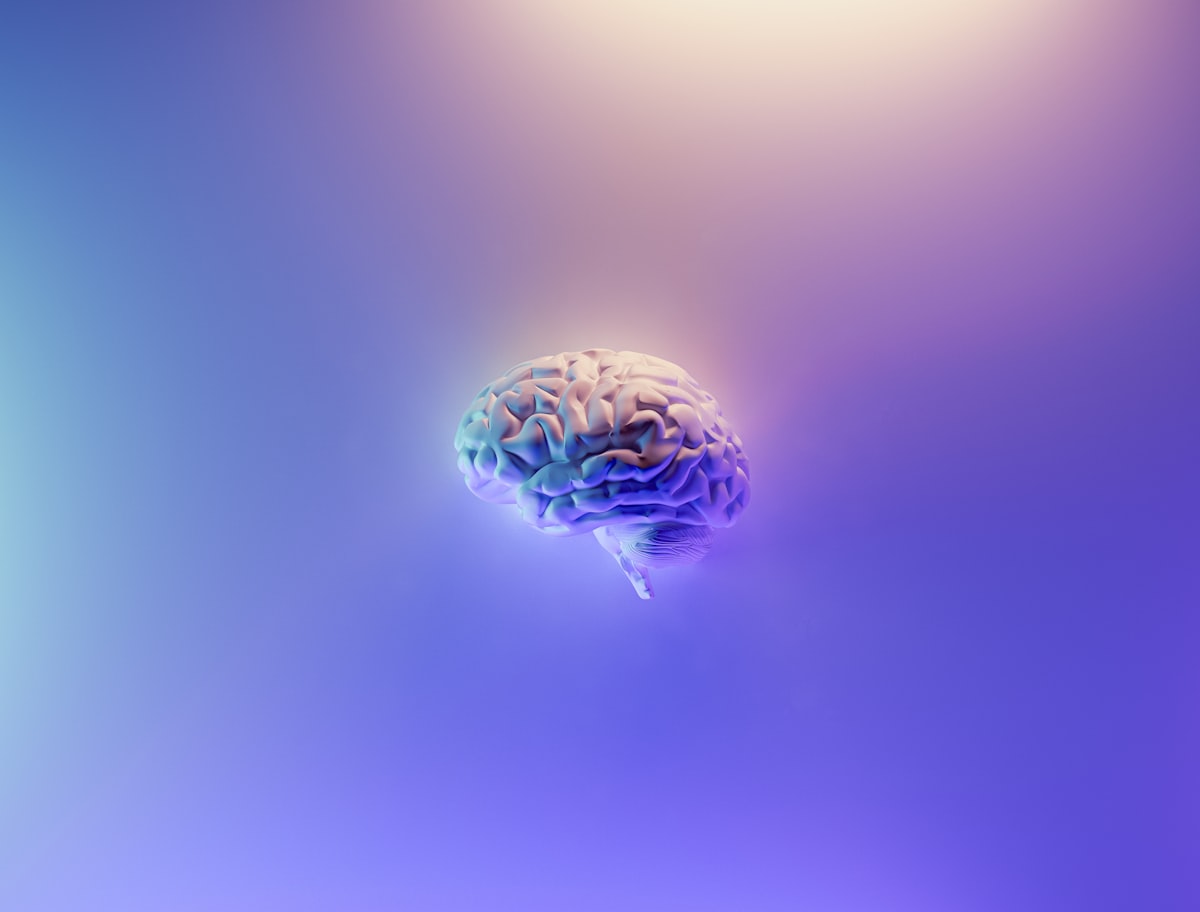Cells Identified to Facilitate Recovery from Brain Infarction
These are the so-called astrocytes that release extracellular vesicles that could be a useful tool to improve the prognosis and record fewer sequelae.

Astrocytes, of utmost importance for the brain, could be the key to the restoration of this organ after a person has a stroke, explained the researcher of the Institute of Cellular Physiology (IFC) of the UNAM, Luis B. Tovar y Romo. The expert in cellular and molecular mechanisms recently presented this in the article "Improved post-stroke spontaneous recovery by astrocytic extracellular vesicles", published in the journal Molecular Therapy. The specialist from the Department of Molecular Neuropathology recalled that the brain has a limited capacity for rehabilitation after an injury, which is why his team is trying to understand the cellular and molecular mechanisms to reactivate its functions.
According to the Ministry of Health, also known as Cerebral Vascular Disease or cerebrovascular accident, causes around 170,000 infarctions of this type in Mexico each year; in nine out of 10 cases it is due to modifiable factors such as smoking, high blood pressure, heart problems, diabetes or cholesterol, to mention a few. Tovar y Romo pointed out that part of the disorders is "repaired" spontaneously, which represents an important part of neurological recovery.
During the talk "How does the brain reconnect after a cerebral infarction", organized by the IFC, the university professor explained that his objective is to understand the role of astrocytes that were subjected to stress due to lack of oxygen and found that, under this condition, they generate repair molecules that are sent to neighboring cells encapsulated in what is known as extracellular vesicles.
"What we did was try to isolate these extracellular vesicles and put them into a brain of an experimental animal and evaluated the evolution of their impact; that is, how easily this brain recovers when we administer the astrocyte vesicles. We found that they facilitate the recovery of some functions weeks after the infarction occurs," explained Tovar y Romo.
Today it is known that astrocytes produce proteins that facilitate this process of regeneration of some connections that were lost in the brain, he explained.
The winner of the Alfonso Caso Medal 2009 said that now his main objective is to investigate which are the elements that produce these molecules since this will allow the development of a system that predicts whether people who suffer a cerebral infarction will recover more easily or not, whether they need a more aggressive protocol or whether they are at the limit of their recovery.
"We, with the extracellular vesicles that we are isolating from astrocytes in infarcted brains, could generate this tool that is indispensable in the field, and if we can identify the factors that facilitate this reconnection in the brain we can think of a way to generate them and administer them to patients in a critical therapeutic window for recovery and, with this, facilitate that people have a better prognosis and fewer sequelae after suffering a stroke," he added.




